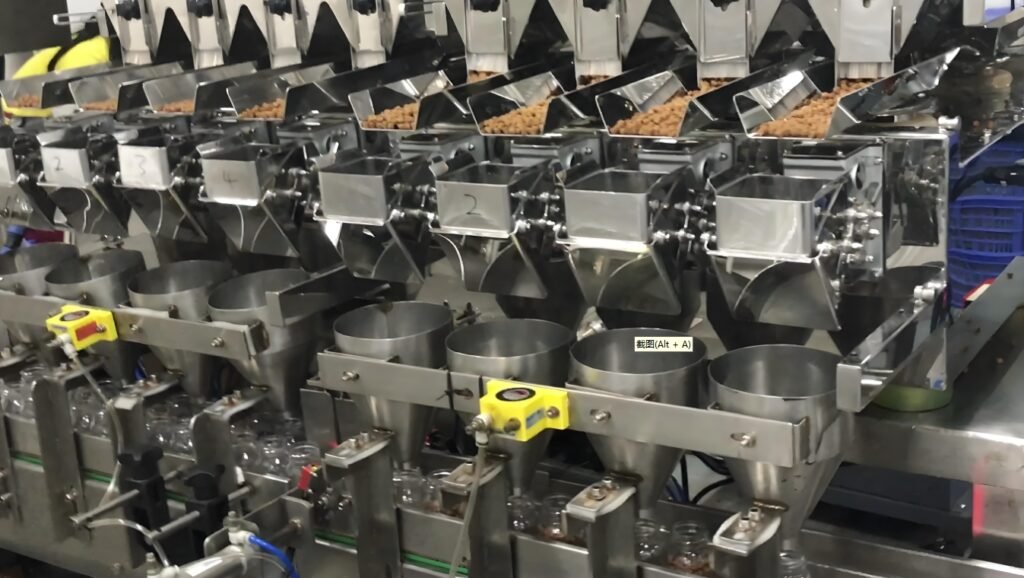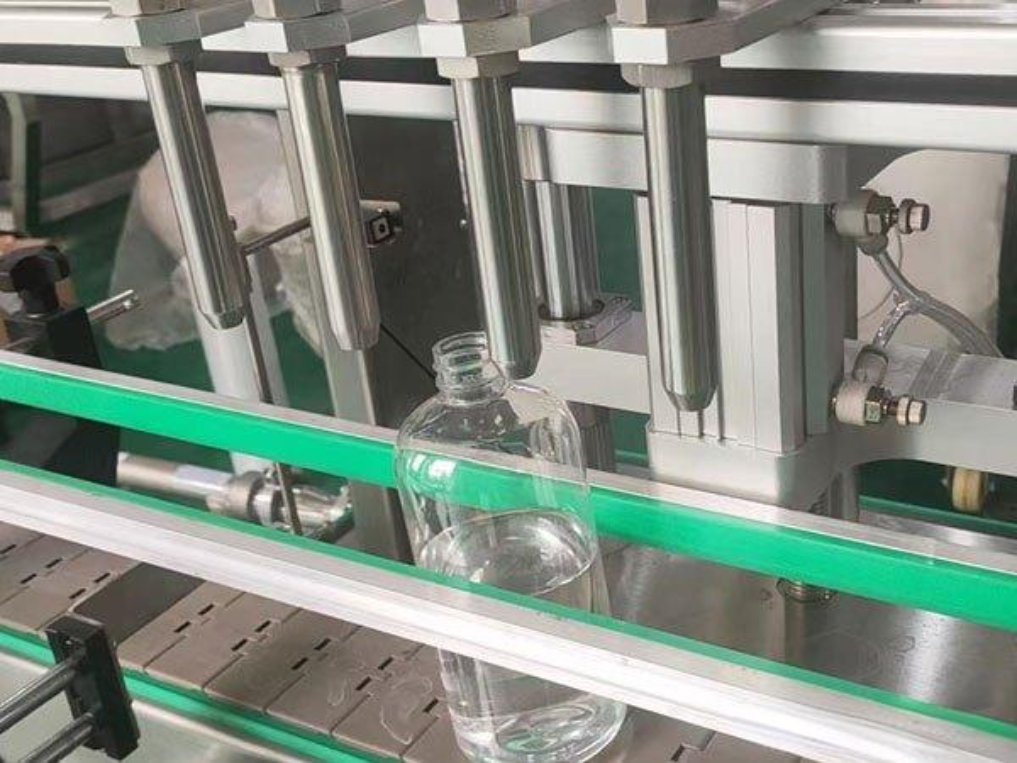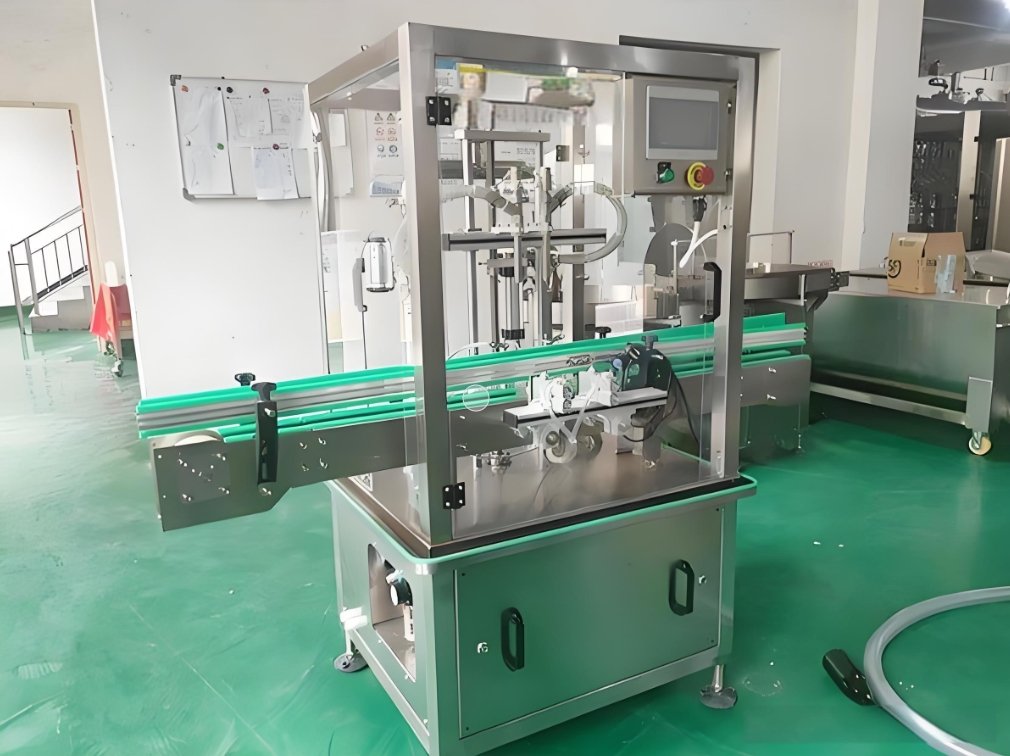
In the food industry, maintaining strict compliance standards is essential. Ensuring that a filling machine meets these standards guarantees product safety, hygiene, and overall efficiency. For companies that use automatic filling machines, compliance helps them avoid regulatory issues and protect consumer health.
This article will explore the key compliance standards for filling machines in the food industry. We’ll discuss the importance of hygiene, safety, and regulatory guidelines that companies need to follow.
1. Hygiene Standards in Food Filling Machines
The most critical concern in the food industry is hygiene. Filling machines handle a wide range of food products, including liquids, pastes, and powders. Therefore, the equipment must be easy to clean and sanitize.
Most automatic filling machines are designed with materials like stainless steel. This material is resistant to corrosion and bacteria, making it ideal for food production. In addition, food-contact surfaces must be smooth and free of cracks. This prevents food particles from getting trapped, which can lead to contamination.
Businesses must follow strict cleaning schedules. Each part of the filling machine must be dismantled, cleaned, and sanitized to avoid cross-contamination.
2. Food Safety and Material Compatibility
Another critical compliance factor is material compatibility. Filling machines must be made from food-safe materials. These materials should not react with the food products, which can change the food’s flavor or quality.
Food-grade materials like stainless steel or specific types of plastic are commonly used in automatic filling machines. These materials ensure that the product remains pure and uncontaminated during the filling process.
In addition to the materials used, businesses need to ensure that the filling machine meets FDA and other food safety regulatory standards. For example, machines that come into contact with acidic foods need extra layers of protection to prevent corrosion.
3. Meeting FDA Guidelines for Filling Machines
In the United States, the Food and Drug Administration (FDA) regulates the use of filling machines in the food industry. Automatic filling machines must comply with FDA guidelines, which focus on preventing contamination and ensuring that food remains safe for consumption.
Some key FDA requirements for filling machines include:
- Material Safety: All parts of the filling machine that come into contact with food must be made from FDA-approved materials.
- Cleanability: Machines must be easy to disassemble and clean. This ensures that every part can be sanitized between production cycles.
- Documentation: Manufacturers must keep records of machine cleaning and maintenance to ensure compliance.
Failing to meet these requirements can result in fines, product recalls, or the closure of production facilities.
4. European Union Compliance Standards
In the European Union, food machinery, including filling machines, must comply with the European Food Safety Authority (EFSA) regulations. Similar to the FDA, EFSA guidelines focus on ensuring that machines are made from food-safe materials.
The European Machinery Directive 2006/42/EC also outlines safety requirements for automatic filling machines. It mandates that machines must be built to prevent food contamination and ensure safe operation. Compliance with these regulations is critical for food producers who export to the European market.
5. Importance of HACCP for Filling Machines
Hazard Analysis Critical Control Point (HACCP) is a globally recognized system for managing food safety. Companies using filling machines must develop a HACCP plan that includes preventive measures to avoid contamination.
A HACCP plan for automatic filling machines typically includes:
- Critical Control Points: These are stages in the filling process where contamination could occur. For example, if the machine isn’t cleaned correctly, bacteria can enter the food supply.
- Monitoring Procedures: Regularly checking the cleanliness of the filling machine and its components is essential. Employees should monitor temperature, cleaning times, and other factors to ensure food safety.
- Corrective Actions: If contamination occurs, businesses need a plan for correcting the issue. This may include stopping production, cleaning the machine, and ensuring all affected products are removed.
6. Maintenance and Calibration of Automatic Filling Machines
To ensure compliance, regular maintenance and calibration of automatic filling machines are essential. Over time, parts wear out, and machines may lose accuracy. Regular maintenance ensures that the machine continues to fill containers with the correct amount of product.
Calibration is also critical. Machines that underfill or overfill containers can lead to wasted products or dissatisfied customers. Ensuring the accuracy of filling machines helps businesses avoid legal issues and maintain consumer trust.
7. Employee Training for Compliance
Employees who operate filling machines must be properly trained in food safety protocols. Training ensures that workers understand the importance of following hygiene standards and machine operation guidelines.
Training should cover:
- Machine Operation: Employees must know how to operate the automatic filling machine safely and efficiently.
- Cleaning Procedures: Workers should understand the correct methods for dismantling, cleaning, and sanitizing the machine.
- Maintenance and Calibration: Employees should be trained to spot issues with the filling machine and know when to call for maintenance.
Having well-trained staff ensures that businesses can meet compliance standards and avoid contamination risks.
8. Traceability and Record-Keeping
Regulatory agencies require food producers to maintain records of cleaning schedules, maintenance logs, and product traceability. For filling machines, this means documenting every cleaning cycle, maintenance check, and calibration.
Proper record-keeping helps companies demonstrate compliance in case of an inspection. It also helps identify any issues that arise during production, ensuring that contaminated products are quickly removed from the supply chain.
9. Technological Advances in Compliance
New technologies are helping businesses stay compliant with food safety regulations. For example, many automatic filling machines now come equipped with sensors that monitor temperature, pressure, and hygiene levels. These sensors can alert operators when something is wrong, ensuring timely corrective action.
Automation also reduces the chance of human error, further improving compliance with food safety standards.
Compliance with food industry standards is crucial for any business using filling machines. Following hygiene standards, meeting FDA and EU regulations, and implementing a HACCP plan are critical steps for ensuring product safety.
By maintaining and calibrating their automatic filling machines regularly, training employees properly, and embracing new technologies, businesses can stay compliant and protect consumer health. In the long run, compliance ensures product quality, reduces waste, and builds consumer trust in the food industry.
Investing in a compliant filling machine is an investment in the future of your food business.



